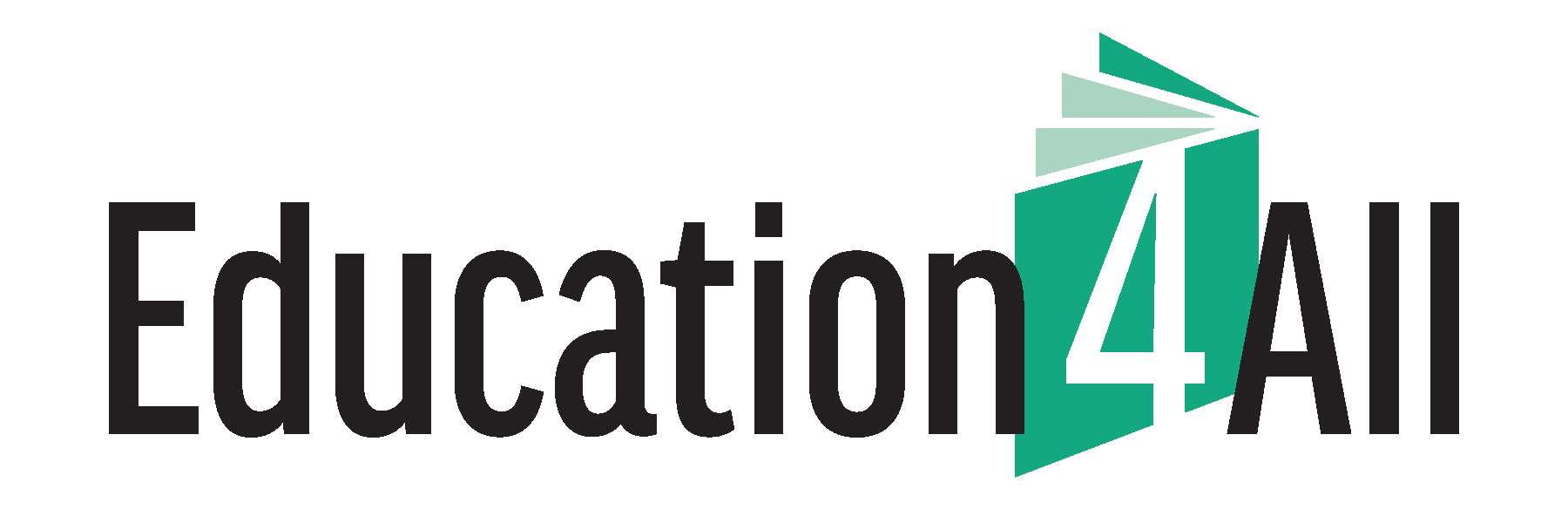
What We All Need to Know About Political Interference will prepare leaders, faculty, and staff to recognize and respond to political interference in education, from laws restricting DEI to funding threats that weaken academic freedom. Participants will gain strategies to safeguard institutional autonomy, build trust and transparency, and foster a culture that protects inclusive values, shared governance, and respectful discourse, while balancing national context with practical tools for action.Learn about the historical context of how higher education is now in the crosshairs and concrete ways you can assist in getting us out of it.
Dr. Michael H. Gavin is the President of Delta College and a nationally recognized voice in higher education leadership. He is the author of two books, including The New White Nationalism in Politics and Higher Education (2020), which examines the intersection of race, policy, and academic freedom in American institutions. Dr. Gavin also leads Education for All, a national coalition of college presidents and higher education leaders dedicated to resisting anti-DEI legislation.
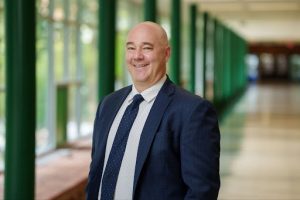

Alumni across all nine schools have jointly launched an open letter to their schools’ leadership in support of the academic freedom and constitutional rights of educational institutions. This alumni community gathering will explore the implications of this unprecedented federal action and provide opportunities to become part of the growing movement to support and strengthen academic freedom and democracy.
Hosted by Stand for Campus Freedom, a new nonpartisan project of Democracy House, this event will bring together alumni leaders from the targeted campuses to share their stories and perspectives, and discuss actions we all can take.
Bios for speakers will be linked in the session

For decades, the federal government has partnered with U.S. higher education institutions to support student access and to drive innovation and economic development. The current administration has abandoned that “compact.” The new “Compact for Academic Excellence in Higher Education,” sent to 9 institutions last month, would make federal support contingent on institutions’ compliance with a range of broadly defined policy priorities related to admissions, faculty hiring, finances, including tuition levels and endowment disbursement, and perceived ideological bias on campus in exchange for potential access to federal funding. While the Compact, at present, is only addressed to a handful of institutions, it represents a fundamental challenge to the institutional autonomy that has made U.S. higher education a global leader, an engine of research and innovation, and a foundation of democratic norms. This webinar outlines questions all higher education governing boards should be asking about their commitments to principles of institutional autonomy and academic freedom, and how their institution is positioned to sustain its core mission and values in the years ahead
Moderator: Tom Hyatt, AGB, General Counsel; AGB Consultant and Senior Fellow
Panelist: Ross Mugler, Interim President and CEO, AGB
Panelist: Catharine (“Cappy”) Bond Hill, Managing Director, Ithaka S+R, former president of Vassar College, former trustee of Yale University

A hands-on training for scholars who want to learn how to write and pitch compelling, research-based op-eds. Participants will learn how to craft a good lede, identify and incorporate timely news hooks, signal the author’s unique and relevant expertise, increase the likelihood of publication, and structure an op-ed for maximum impact.
| Lizzy Ghedi-Ehrilch, SSN - Managing Director
Lizzy Ghedi-Ehrlich is the Managing Director at Scholars Strategy Network. She has been with the Network since its public-facing debut in 2011, and previously led SSN’s policy team. Her scholarship as a graduate student focused on religious fundamentalism and American political discourse. and Shnnon Kelly, SSN - Director of Training
Shannon Kelly is the Director of Training at the Scholars Strategy Network, where she leads the design and delivery of public engagement training programs for academics. She oversees curriculum development, builds external partnerships, and evaluates program impact. She holds a PhD in Psychology from the University of Kansas, and before joining SSN, studied neurodevelopmental mechanisms underlying autism spectrum disorder. |

Unpack the first nine months of Trump’s higher education agenda, from high-profile efforts like the “compact” to below-the-radar legislative and regulatory changes.

Kevin Carey directs education and work programs at New America, and writes frequently about higher education for The New York Times, The Atlantic, Vox, The Chronicle of Higher Education, and elsewhere
Learn about the compact from the perspectives of faculty members at institutions targeted by the compact and legal experts.
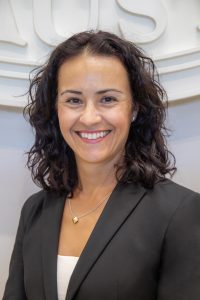
Dr. Liliana Garces is the Ken McIntyre Professor for Excellence in School Leadership at the University of Texas at Austin, and a fellow of the American Educational Research Association. Her research examines the intersection of law and educational policy.
Dr. Manuel Lerdau is Professor of Environmental Sciences and of Biology, University of Virginia, and a former Kavli Fellow of the National Academy of Sciences. He studies the stress physiology of crops and timber trees.
Dr. Leslie D. Gonzales serves as Professor of Higher Education at the University of Arizona. She studies faculty labor, especially the production and legitimization of knowledge, at the intersection of disciplinary, institutional, and broader socio-political contexts.
Jonathan Feingold is a professor of law at Boston University School of Law. His scholarship broadly explores how rightwing movements in the United States have co-opted civil rights discourse and laws to undermine civil rights. Professor Feingold also hosts the #RaceClass Podcast.
Dr. Goldrick-Rab has been on Turning Point’s Professor Watchlist for a decade. Join her for a spirited conversation about lessons learned and strategies for scholar-activism.
Dr. Sara Goldrick-Rab is a sociologist who founded the #RealCollege movement to support students’ basic needs. She is the author of the award-winning book Paying the Price: College Costs, Financial Aid, and the Betrayal of the American Dream, the founder of two national organizations, a frequent advisor to state and national leaders, and a passionate teacher at the Community College of Philadelphia.
Panelists will address the dangers of the increasing government control of higher
education, the political climate on campuses, student indebtedness, international
students, race-based student support programs, undocumented students, civic
engagement, and revisionist history. The discussion will be moderated by Dr. Mike
Gavin, President of Delta College in Michigan. The panelists are Dr. Rowena
Tomaneng, Deputy Chancellor of the California Community Colleges; Dr. Brian Murphy,
President Emeritus of DeAnza College in California, and Dr. George Boggs, President
Emeritus of the American Association of Community Colleges and of Palomar College
in California.
.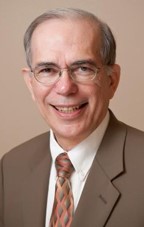
George R. Boggs is President and CEO Emeritus of the American Association of Community Colleges and
Superintendent/President Emeritus of Palomar College in California. He is chair of the Board of Directors
of Phi Theta Kappa International Honor Society. He teaches classes in emerging higher education issues in
doctoral programs at San Diego State University and Kansas State University.
Dr. Boggs holds a bachelor’s degree in chemistry from The Ohio State University, a master’s degree in
chemistry from the University of California at Santa Barbara, and a Ph.D. in Educational Administration
from The University of Texas at Austin.
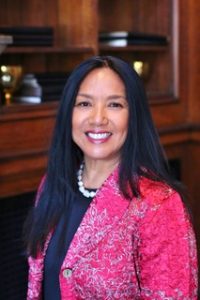
Dr. Rowena M. Tomaneng serves as the Deputy Chancellor for the California Community Colleges.
Prior positions include President of San Jose City College, CA, and President of Berkeley City College,
CA, and Associate Vice President of Instruction, De Anza College, CA.
Dr. Tomaneng is also a member of the Executive Board of the American Association of Community
Colleges (AACC), Board of Directors of Asian Pacific Americans in Higher Education (APAHE), and
the American Council on Education Strengthening Institutions Roundtable (ACE SIR).
Dr. Tomaneng received her Ed.D. from the University of San Francisco's School of Education in
International and Multicultural Education with a concentration in Human Rights Education, MA in
English from the University of California, Santa Barbara, and a BA in English from the University of
California, Irvine.
Brian Murphy, PhD
Brian Murphy is the President Emeritus of De Anza College in Cupertino, California. Prior to his appointment
at De Anza, Murphy was the Executive Director of the San Francisco Urban Institute at San Francisco State University,
where he also held a tenured faculty position in Political Science. He has taught political theory, urban
and American politics, at SFSU, Santa Clara University, and the University of California, Santa Cruz. Murphy
served as the Chief Consultant for the California State Legislature’s review of the Master Plan for Higher
Education in the mid-1980s. He holds a BA from Williams College, a Master's, and a Doctoral degree from the
University of California, Berkeley, all in Political Science.